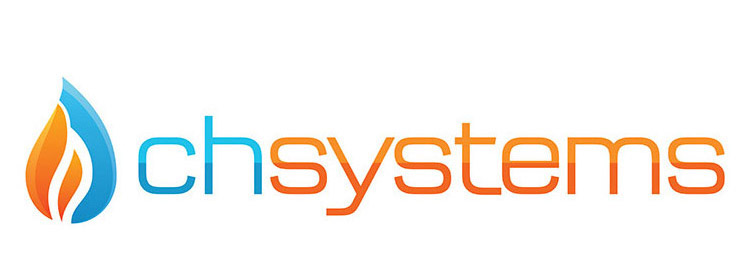WaterSafe plumbers help businesses save money
If your go-to plumbing service is WaterSafe accredited then lucky you – not only are you sure to get good service but also some handy tips on how your business can save money on energy bills.
Watersafe recently carried out a survey of its plumbers to find out how much they talk about saving water with their customers and how often they recommend products to cut down on waste. According to the stats; an impressive 98 per cent of participants think that a good plumber will provide advice on water efficiency, and consequently 92 per cent regularly talk to customers about products that can help save water.
According to WaterSafe plumbers, customers are often unaware that they’re using more water than they need to and also don’t realise that by using less hot water could save on energy bills. The appliances plumbers are mostly likely to advise customers on are toilets, taps and showers.
The introduction of a Water Label in 2014 is also helping plumbers identify water efficient products more easily, with a ‘traffic light’ rating showing how much water they use. Three quarters of the plumbers surveyed are aware of the label and do promote it to homes and businesses.
Julie Spinks, director of WaterSafe, said: “WaterSafe plumbers are all fully qualified and trusted to work safely with drinking water in homes and businesses but they are also offering customers additional free advice which can help them save water, save energy and save money.
“It’s inspiring to hear that plumbers are motivated to give the best possible service to customers on all aspects of their water supply and also care about protecting water sources and the environment in which they live and work.”
If you’re keen for some professional insight on how your business can be more frugal in its energy consumption, definitely ask your plumber – according WaterSafe; it’s part of the job!
If you’d like further information, feel free to contact the CH Systems team on 0208 302 8149 or info@chsystems.cc.


